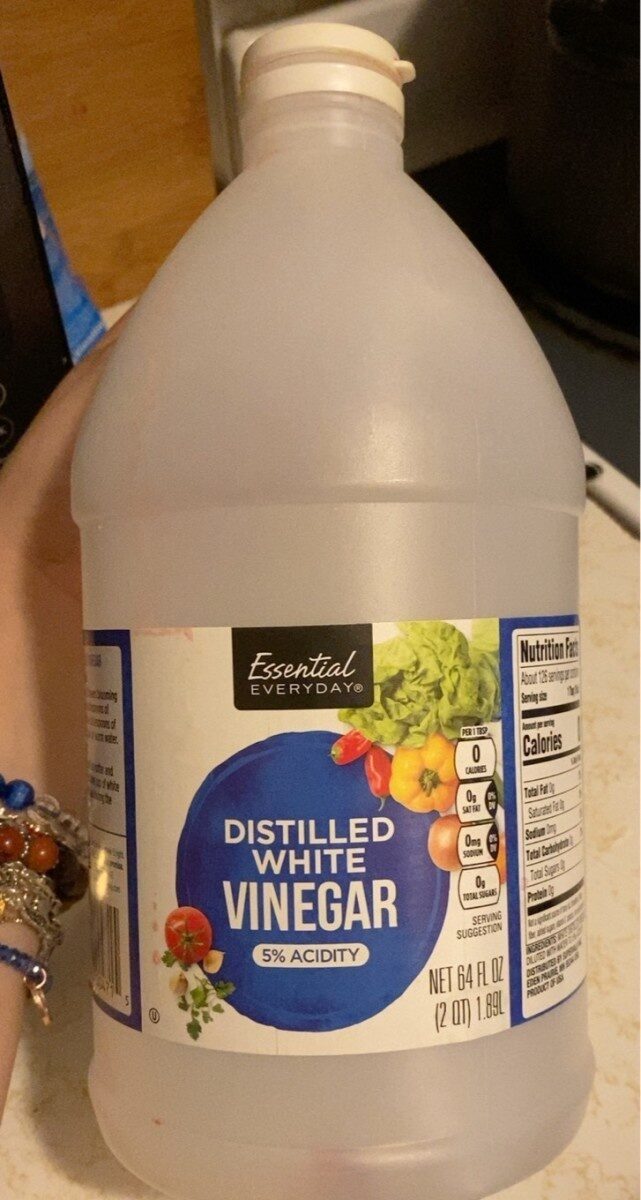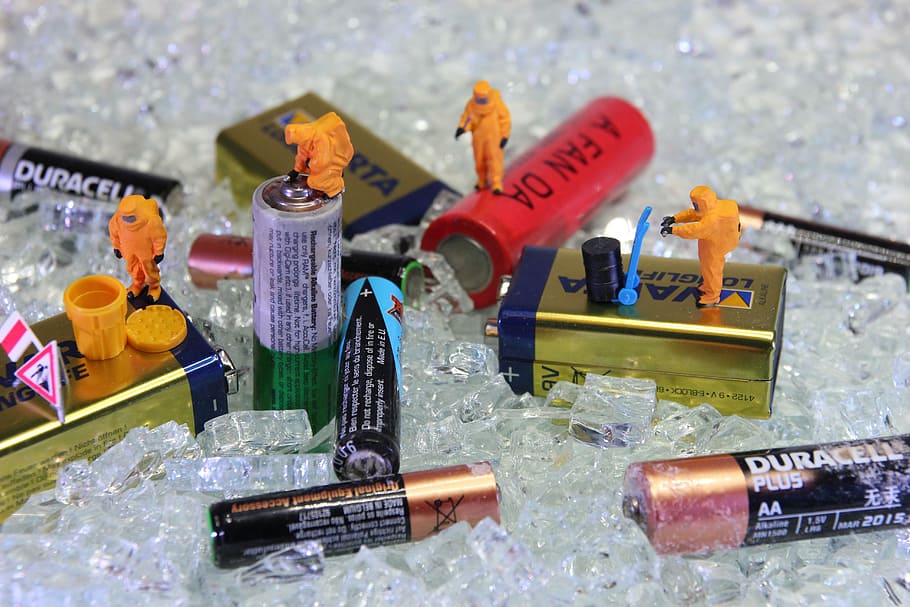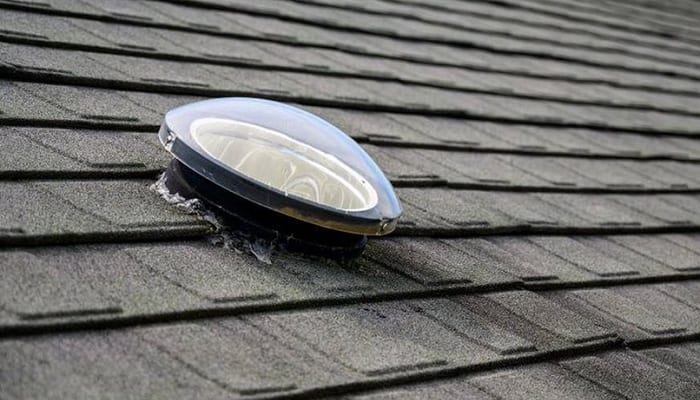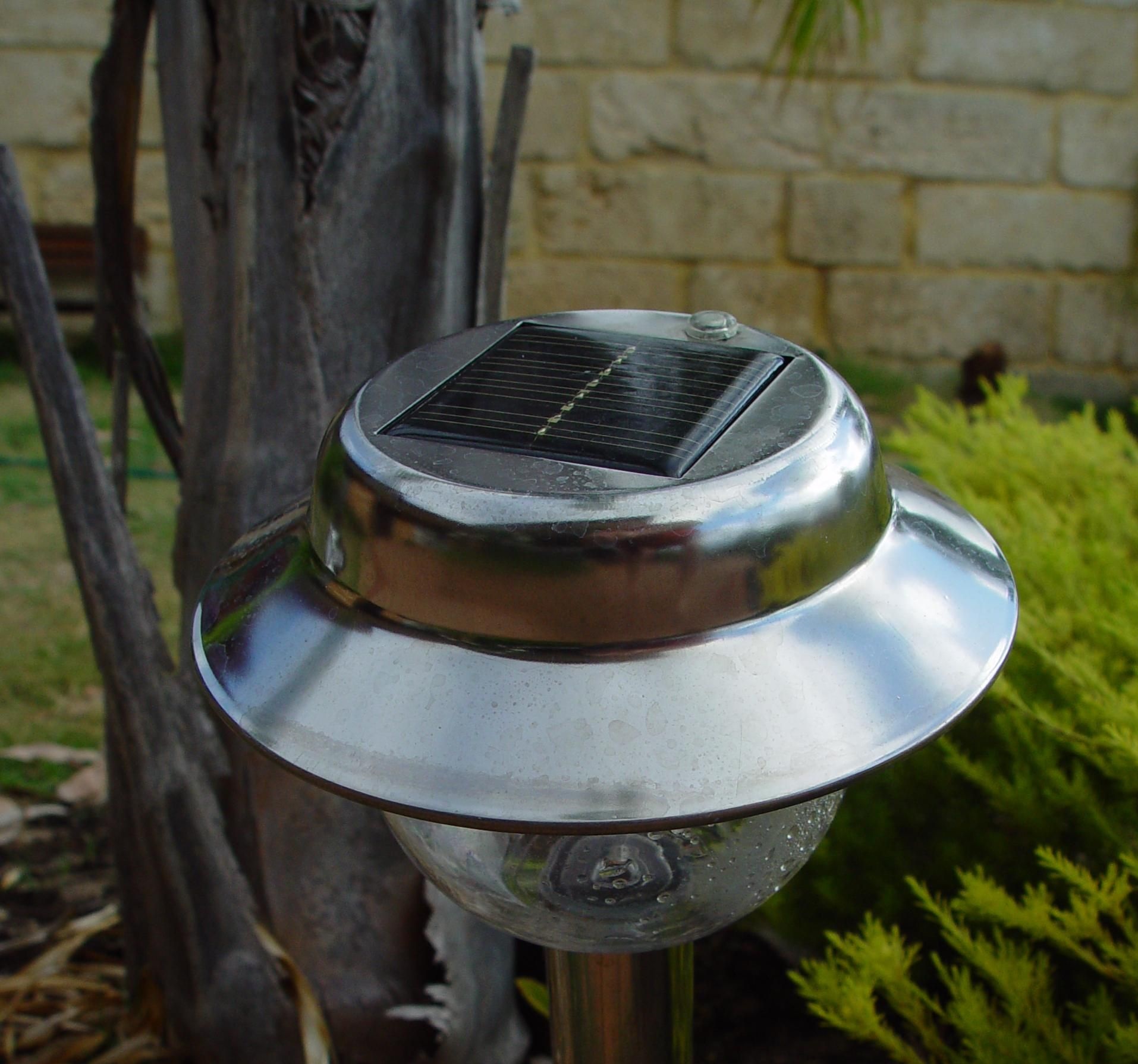Vinegar isn’t a great disinfectant but works wonders for cleaning solar panel glass. It will break down dust and debris buildup leaving your solar panels good as new!
Many people keep vinegar in their cleaning supply closet for everyday tasks around the house. It’s considered safe for most surfaces. Before using vinegar to clean your solar panel glass, you should ask if it’s truly safe. Damaged solar panels can cost a lot to replace!
In this article, I share how safe it is to use vinegar on solar panel glass, explain the best method, and list the pros and cons of vinegar as a cleaning agent.
Is It Safe To Clean Solar Panels With Vinegar?
It is safe to use vinegar to clean your solar panels. Your panels should be just fine and cleaner than ever before!
Vinegar is actually considered safer than other options like detergents, regular soaps, and hard chemicals.
Just be sure to use cleaning vinegar instead of the regular cooking vinegar you can buy in grocery stores. Cooking vinegar has much more acid, harming your solar panels.
If you’re still unsure, diluting the vinegar in some water could make it a little weaker. This will ensure that nothing gets damaged, and the water adds a little extra cleaning power.
How To Use Vinegar to Clean Solar Panels
Step 1: Get Your Supplies Ready
You’ll need:
- White cleaning vinegar
- Mineral-free/ deionized water
- A hose or bucket
- A soft cloth or window cleaner
Ensure you have the right vinegar before you start. Dilute your vinegar with some deionized water (mineral-free) to prevent any marks or damage on your panels.
Step 2: Fix Any Cracks on Your Solar Panels
Hosing your solar panels off with water or vinegar could be catastrophic if there are small cracks in the glass. The water could slip through and damage your solar panel cells or wiring.
Check the manual for ways to repair these cracks or send the solar panel in to have it checked out and fixed.
Step 3: Wipe Your Solar Panels Down Manually
Use your hands to carefully wipe off leaves, branches, and other large pieces of dirt. Then, use a cloth or window cleaning device to physically wipe down the glass surface.
This should remove all the dust and dirt that has accumulated over time. It may turn into mud if you simply add water before wiping it down.
Step 4: Wash Your Solar Panels With Water
Using a hose may be quicker to complete this step, but you can use a bucket of water too. Simply spray the surface with water to ensure that you have removed all of the dirt.
You could scratch your solar panels if you start rubbing or wiping the glass with vinegar water before removing all the dirt.
Step 5: Make A Diluted Vinegar Mixture
Use mineral-free water to dilute your vinegar. If you’re working with many solar panels and large amounts of cleaning fluids, use the following ratio:
1 cup vinegar: 8 cups mineral-free water.
Do not add anything else to the mixture.
Step 6: Use The Vinegar Mixture To Cover The Surface of Your Solar Panels
Don’t pour a whole bottle of pure vinegar over your solar panels. Use a misting bottle or soft cloth to add diluted vinegar to the glass surface.
You should cover the entire solar panel surface with vinegar water.
Step 7: Wipe The Solar Panel Glass Again
Use a new, clean cloth to give the glass surface of your solar panels another wipe.
Vinegar breaks down dirt layers even further. There should be some dirt on the cloth you overlooked on the solar panel.
Step 8: Use Water To Clean Your Solar Panels Again
This is a repeat of step 4. You should only be hosing off the surface or using a bucket to pour clean water over it.
Step 9: Leave Your Solar Panels to Dry Before Setting It Back Up
You won’t be able to use your solar panels for another hour after completing step 8. They need to properly dry to prevent damage due to wetness.

The Pros and Cons of Using Vinegar to Clean Solar Panels
The Pros of Using Vinegar to Clean Solar Panels
- Vinegar contains acid, making it a better cleaning agent than most others.
- It’s eco-friendly since it doesn’t contain ingredients that can harm animals or the environment.
- Vinegar is simple to use for cleaning and doesn’t make bubbles or foam that’s challenging to soak up.
- Vinegar doesn’t leave dirt or streaks on solar panels.
- You won’t be left with a rusty solar panel. Vinegar doesn’t harm the materials that it’s made of.
- There is almost no cheaper option, except for water by itself.
The Cons of Using Vinegar to Clean Solar Panels
- You have to use mineral-free water to dilute vinegar. If you don’t, your solar panels may end up full of streaks.
- Cleaning solar panels with vinegar require a lot of steps. It can take some time to perform them all.
- The wrong vinegar can damage your panels. You need to be 100% sure you have the right one.
Vinegar vs. Other Cleaning Products
Vinegar is considered the best cleaning product to use on your solar panels. It contains acid that literally eats through all of the dirt on them.
It’s better than regular soap and water since vinegar doesn’t leave an invisible layer of dirt or soap on your panels. It’s also cheaper than this option.
Soap and water can also leave streaks on your panel glass, and the wrong detergent will probably leave stains. However, soap is still a better option than hard chemicals.
Final Words
Vinegar is cost-effective and delivers excellent cleaning results. Because of its acidic nature, vinegar is great at breaking down and lifting dirt and dust from surfaces for an effortless wipe.
I hope this article was helpful and that you feel confident using vinegar to clean your solar panels. If you have more questions, ask them in the comments!



